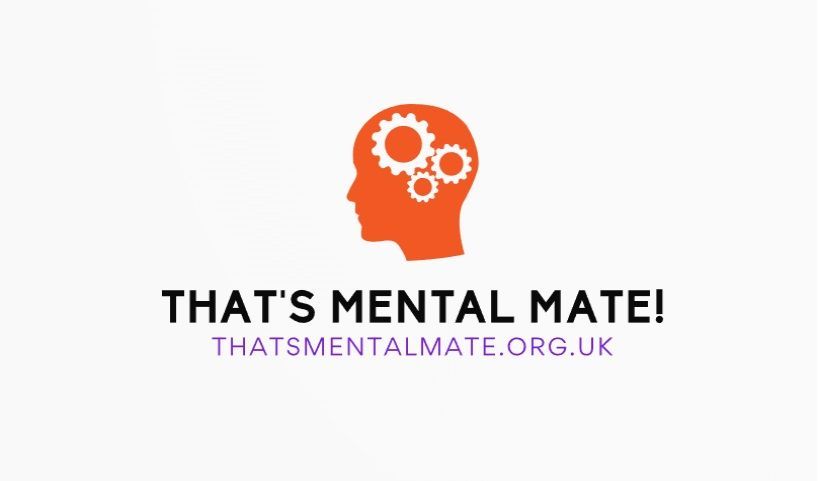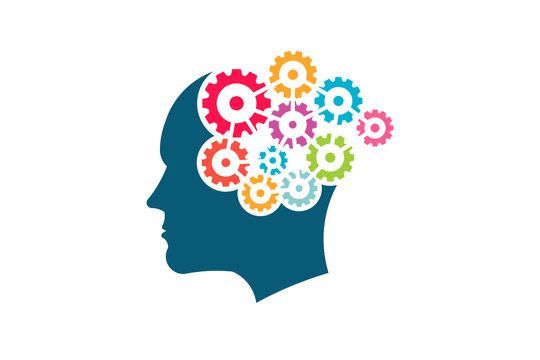PTSD
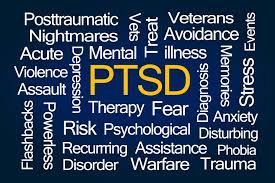
What is PTSD?
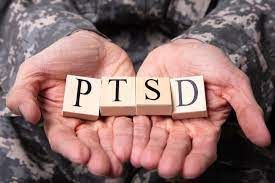
"Post-traumatic stress disorder (PTSD) is a mental health condition caused by very stressful, frightening or distressing events.
ny situation that a person finds traumatic can cause PTSD.
These can include:
- Serious road accidents.
- Violent personal assaults, such as sexual assault, mugging or robbery.
- Serious health problems.
- Childbirth experiences.
PTSD can develop immediately after someone experiences a disturbing event, or it can occur weeks, months or even years later.
PTSD is estimated to affect about 1 in every 3 people who have a traumatic experience, but it's not clear exactly why some people develop the condition and others do not.
Complex PTSD
People who repeatedly experience traumatic situations, such as severe neglect, abuse or violence, may be diagnosed with complex PTSD.
Complex PTSD can cause similar symptoms to PTSD and may not develop until years after the event.
It's often more severe if the trauma was experienced early in life, as this can affect a child's development."
Taken from www.nhs.uk
What are the symptoms of PTSD?
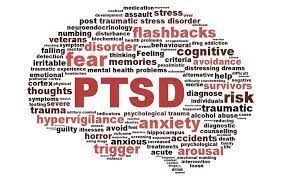
"Someone with PTSD often relives the traumatic event through nightmares and flashbacks, and may experience feelings of isolation, irritability and guilt.
They may also have problems sleeping, such as insomnia, and find concentrating difficult.
These symptoms are often severe and persistent enough to have a significant impact on the person's day-to-day life."
Taken from www.nhs.uk
What are the treatments for PTSD?
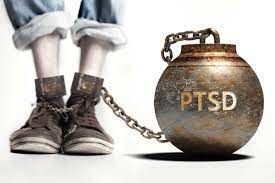
"PTSD can be successfully treated, even when it develops many years after a traumatic event.
Treatment depends on the severity of symptoms and how soon they occur after the traumatic event.
Any of the following treatment options may be recommended:
watchful waiting – monitoring your symptoms to see whether they improve or get worse without treatment
antidepressants – such as paroxetine or sertraline
talking therapies – such as trauma-focused cognitive behavioural therapy (CBT) or eye movement desensitisation and reprocessing (EMDR)
You can refer yourself directly to a talking therapies service."
Taken from www.nhs.uk
Support
PTSD UK
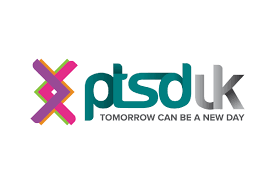
PTSD UK is the only charity in the UK dedicated to raising awareness of Post Traumatic Stress Disorder – the causes, symptoms & the treatments available – no matter the trauma that caused it.
Our vision is to transform the lives of people affected by PTSD and C-PTSD, supporting them to take control of their diagnosis, access stigma-free support and resources, and work towards successful, sustained treatment and recovery. We also campaign to raise awareness of the condition, reach out to high-risk communities, help shape UK healthcare policies, and give everyone the belief that ‘Tomorrow CAN be a new day‘.
Combat Stress
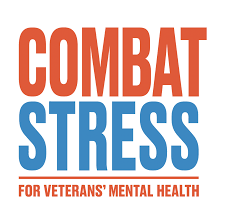
We are Combat Stress, the UK’s leading charity for veterans’ mental health. For over a century, we’ve helped former servicemen and women with mental health problems such as post-traumatic stress disorder (PTSD), anxiety and depression.
Today we provide specialist treatment and support for veterans from every service and conflict, focusing on those with complex mental health issues.
The work we do is life-changing and often life-saving. No one else does what we do.

Links for NHS treatment
If you live in England and are aged 18 or over, you can access NHS talking therapies services for anxiety and depression.
A GP can refer you, or you can refer yourself directly without a referral.
NHS talking therapies services offer:
- talking therapies, such as cognitive behavioural therapy (CBT), counselling, other therapies, and guided self-help
- help for common mental health problems, like anxiety and depression
The problems that talking therapies services can treat include:
- depression
- generalized anxiety
- social anxiety
- panic and agoraphobia
- other phobias
- obsessive-compulsive disorder (OCD)
- post-traumatic stress disorder (PTSD)
- irritable bowel syndrome (IBS)
- body dysmorphic disorder
You need to be registered with a GP to get talking therapies on the NHS.
To self-refer for Talking Therapies click here.
